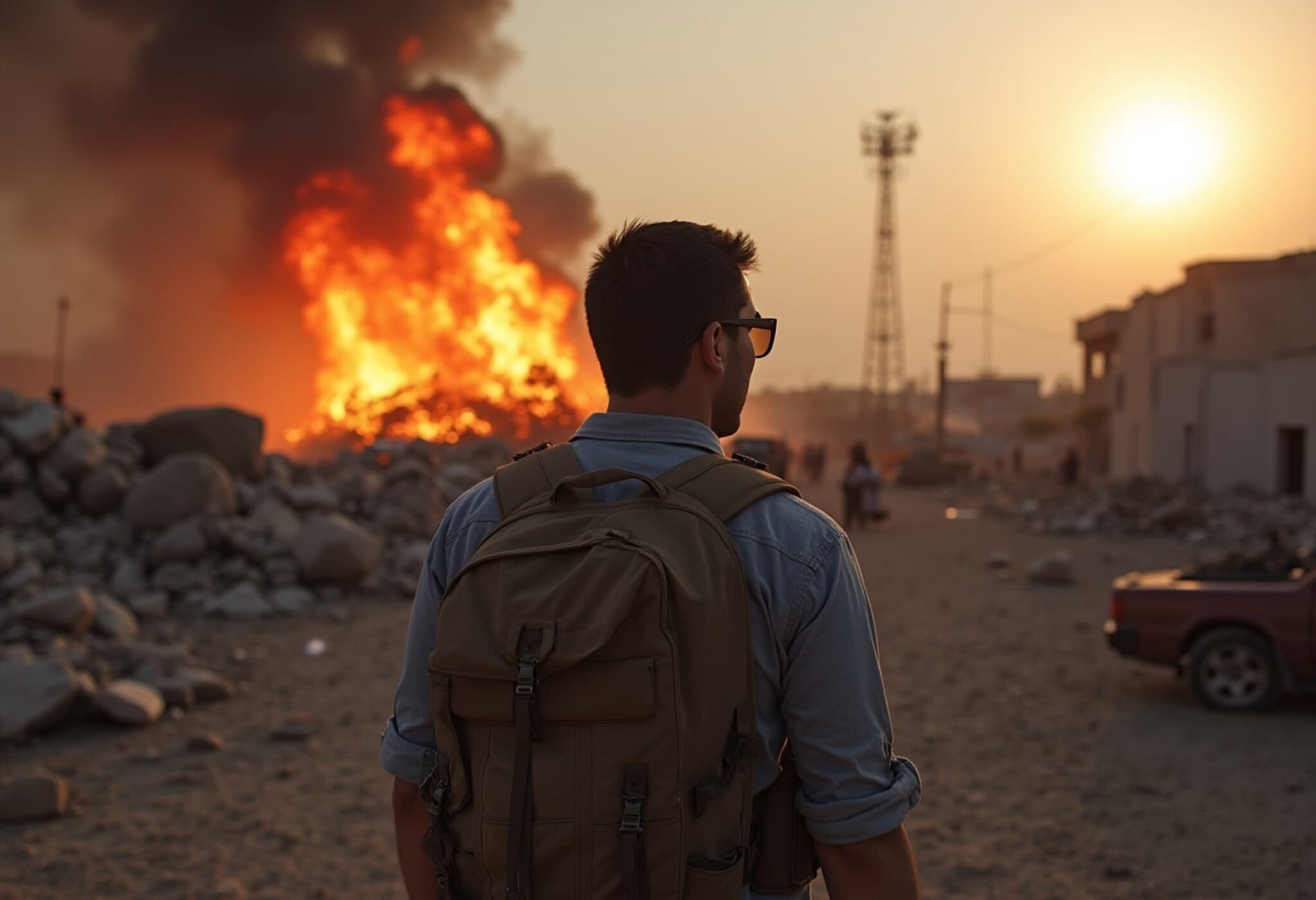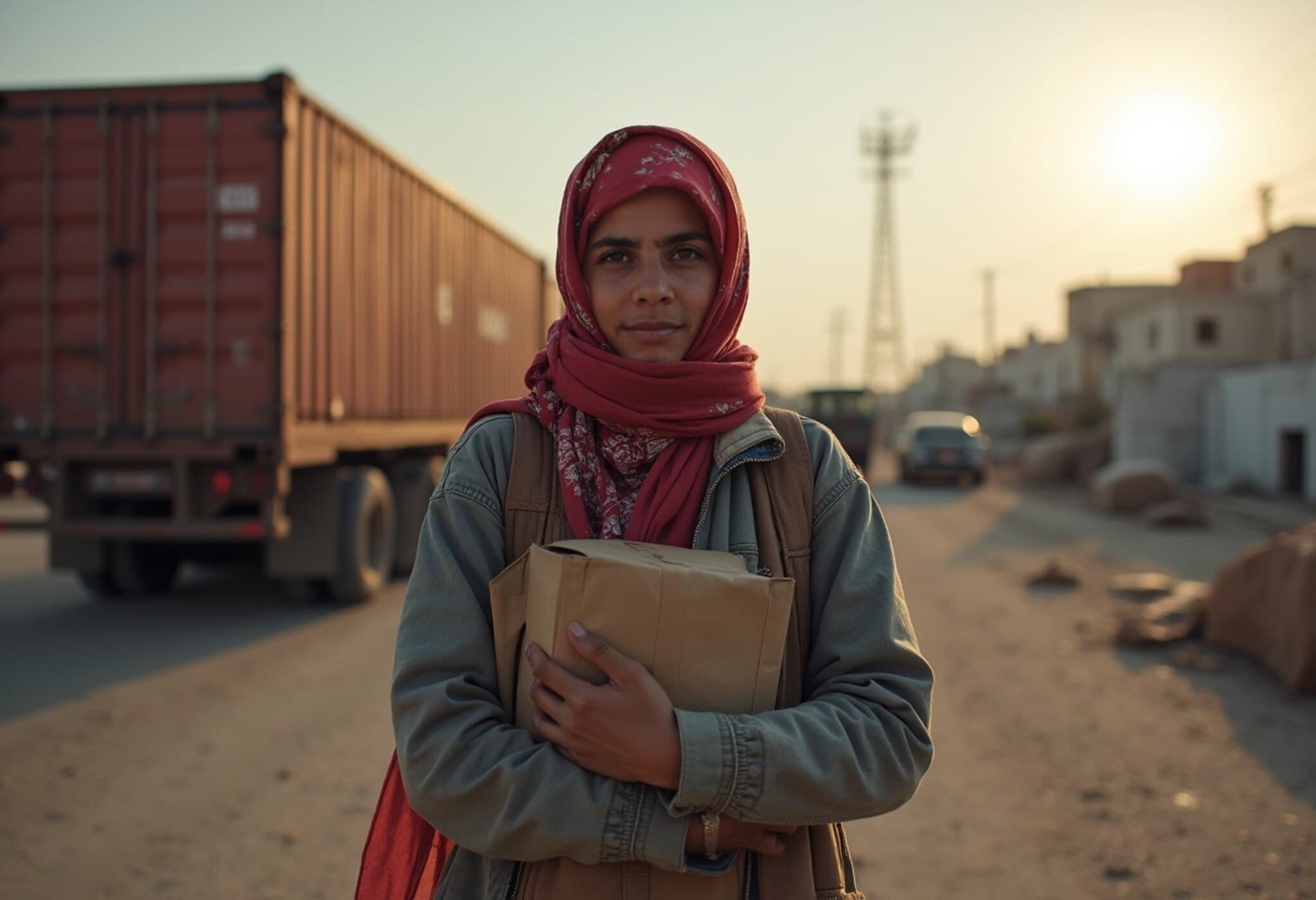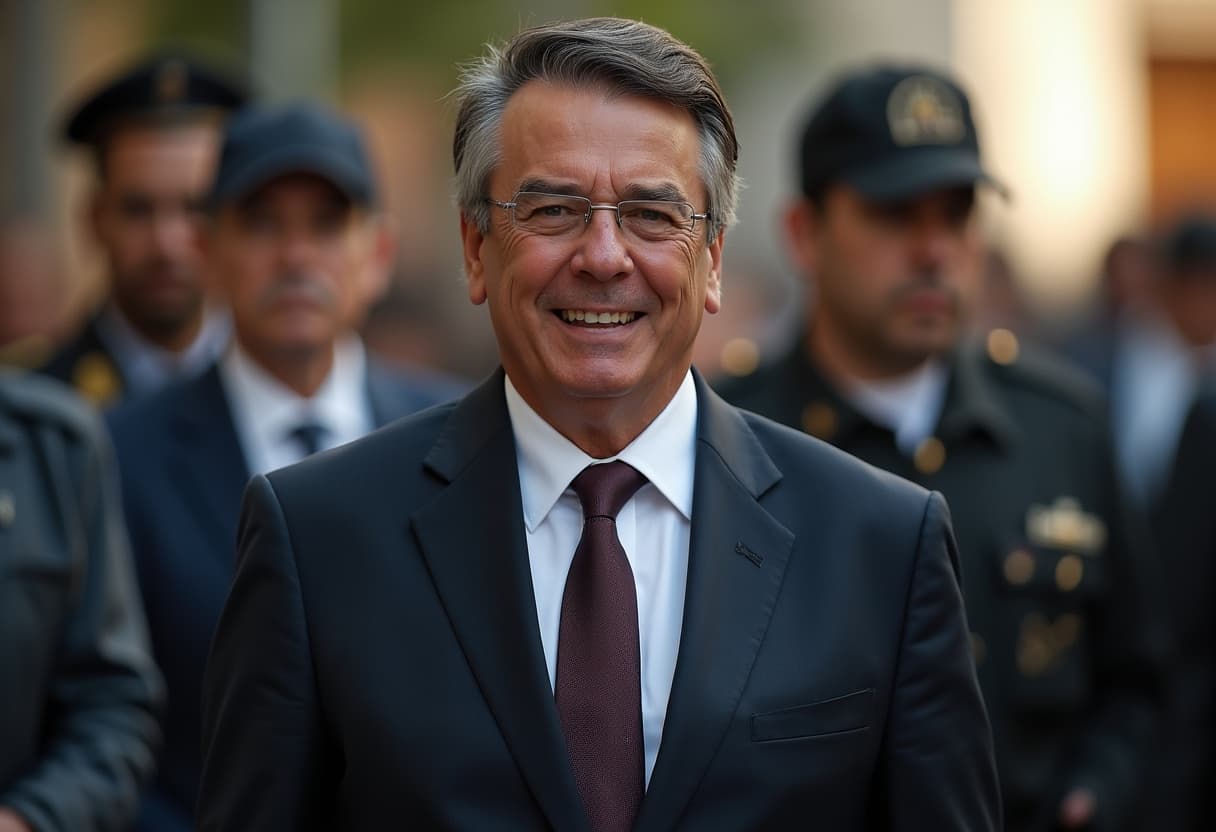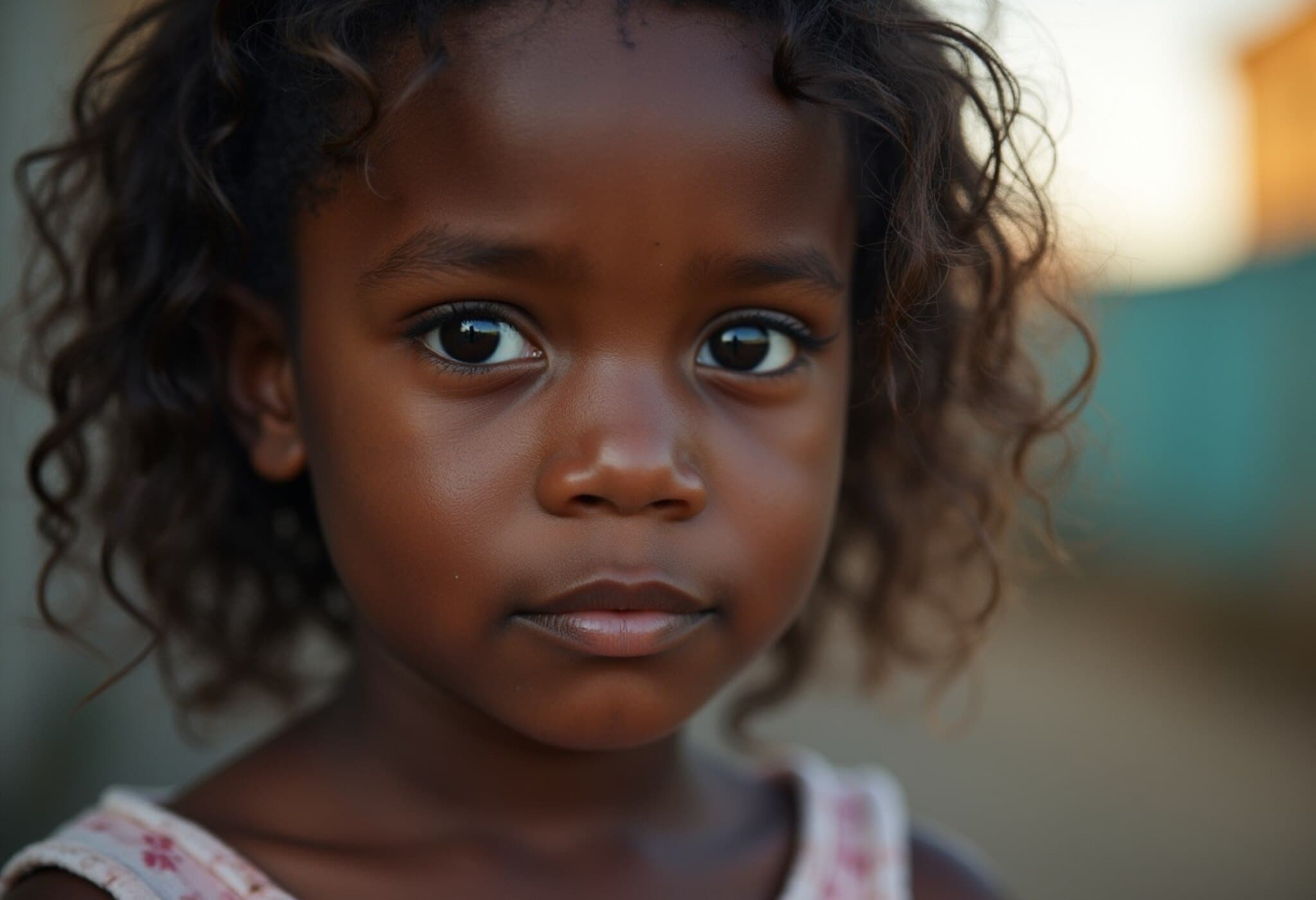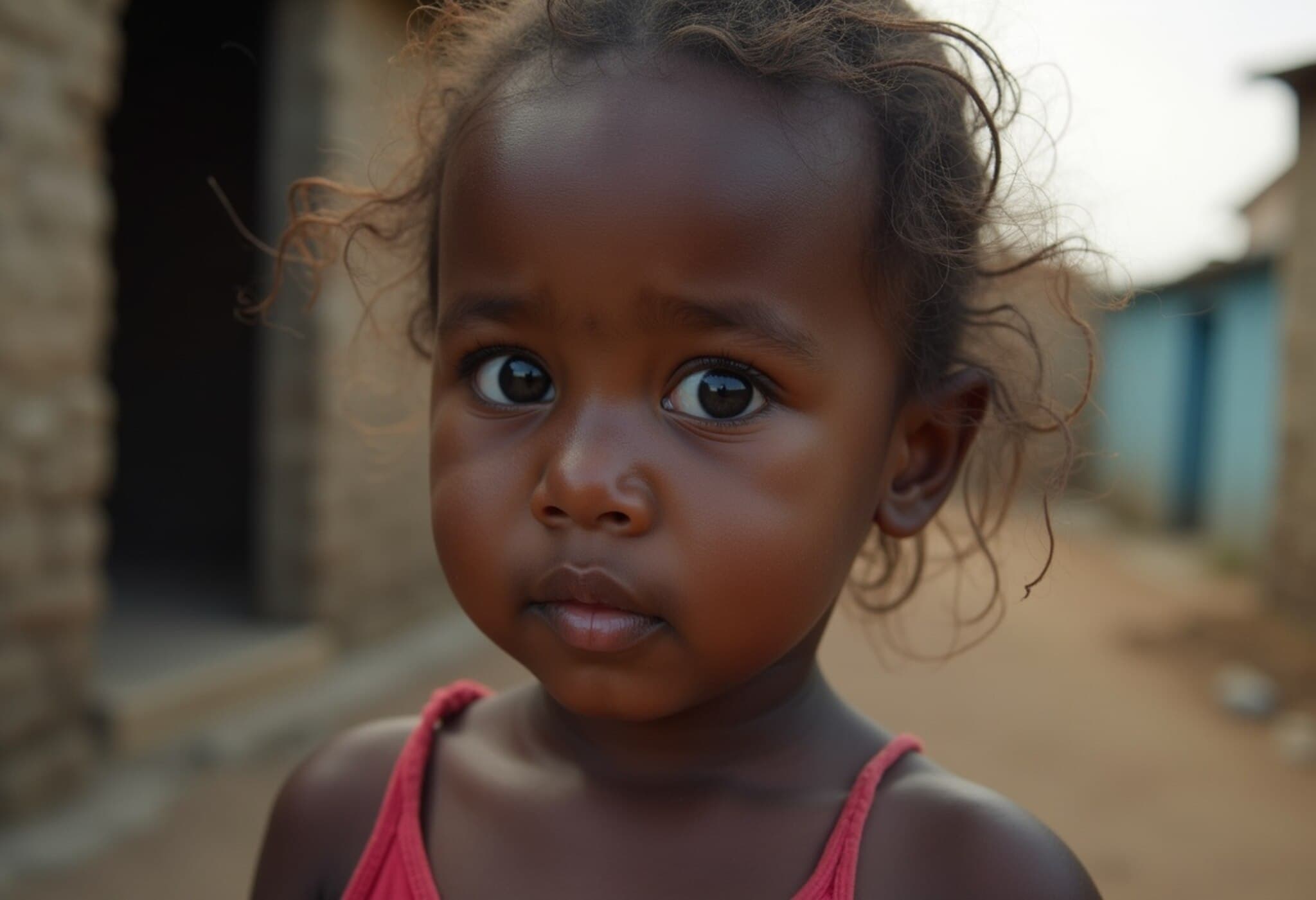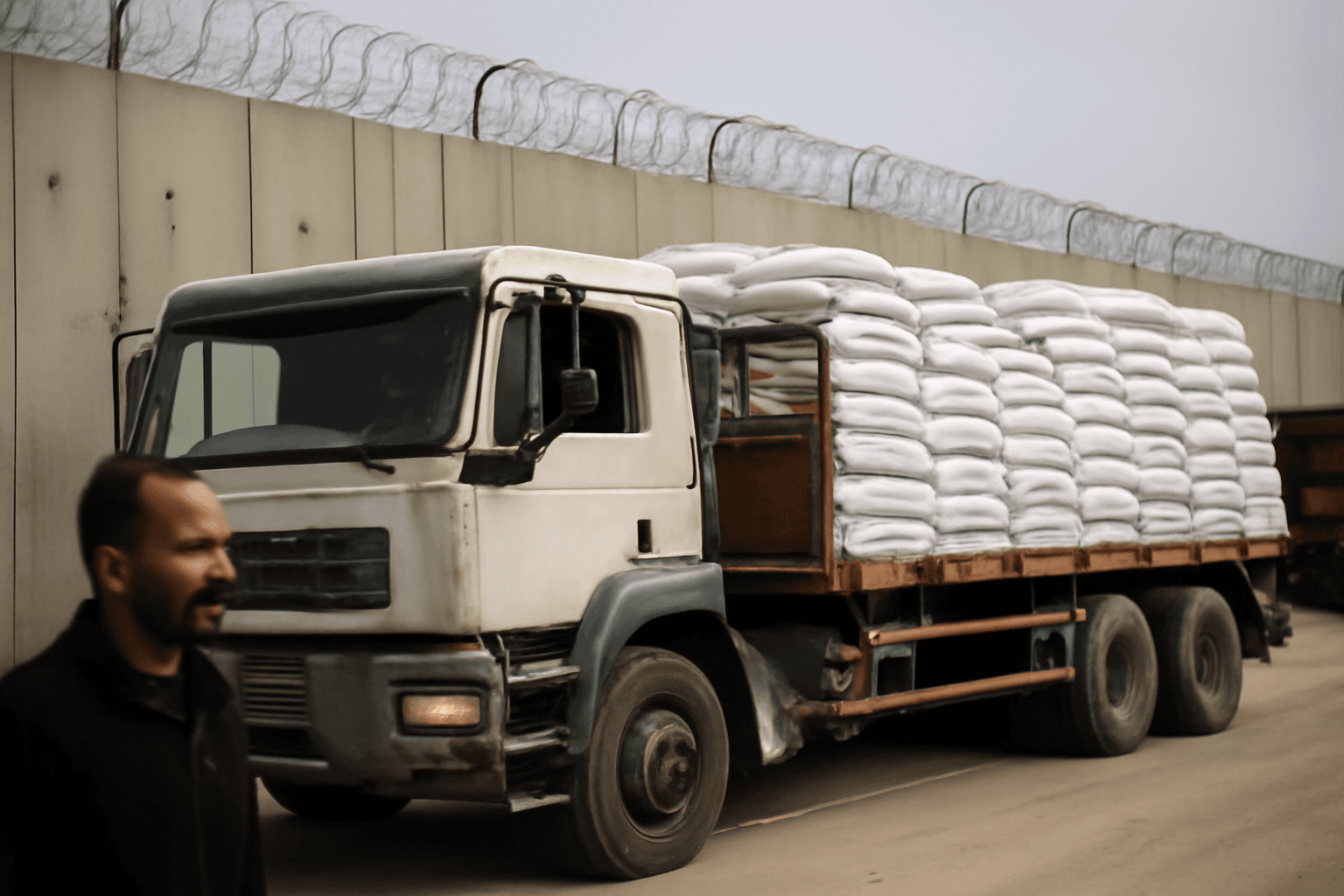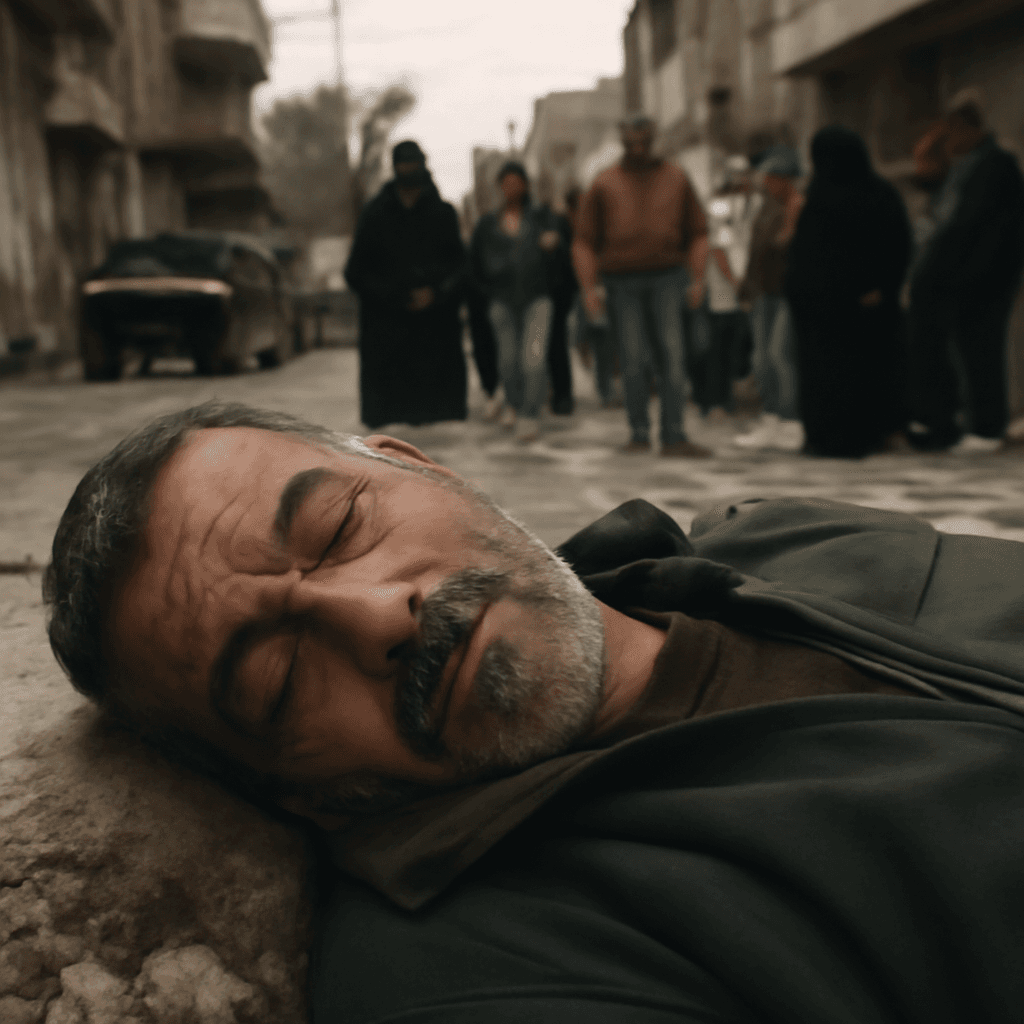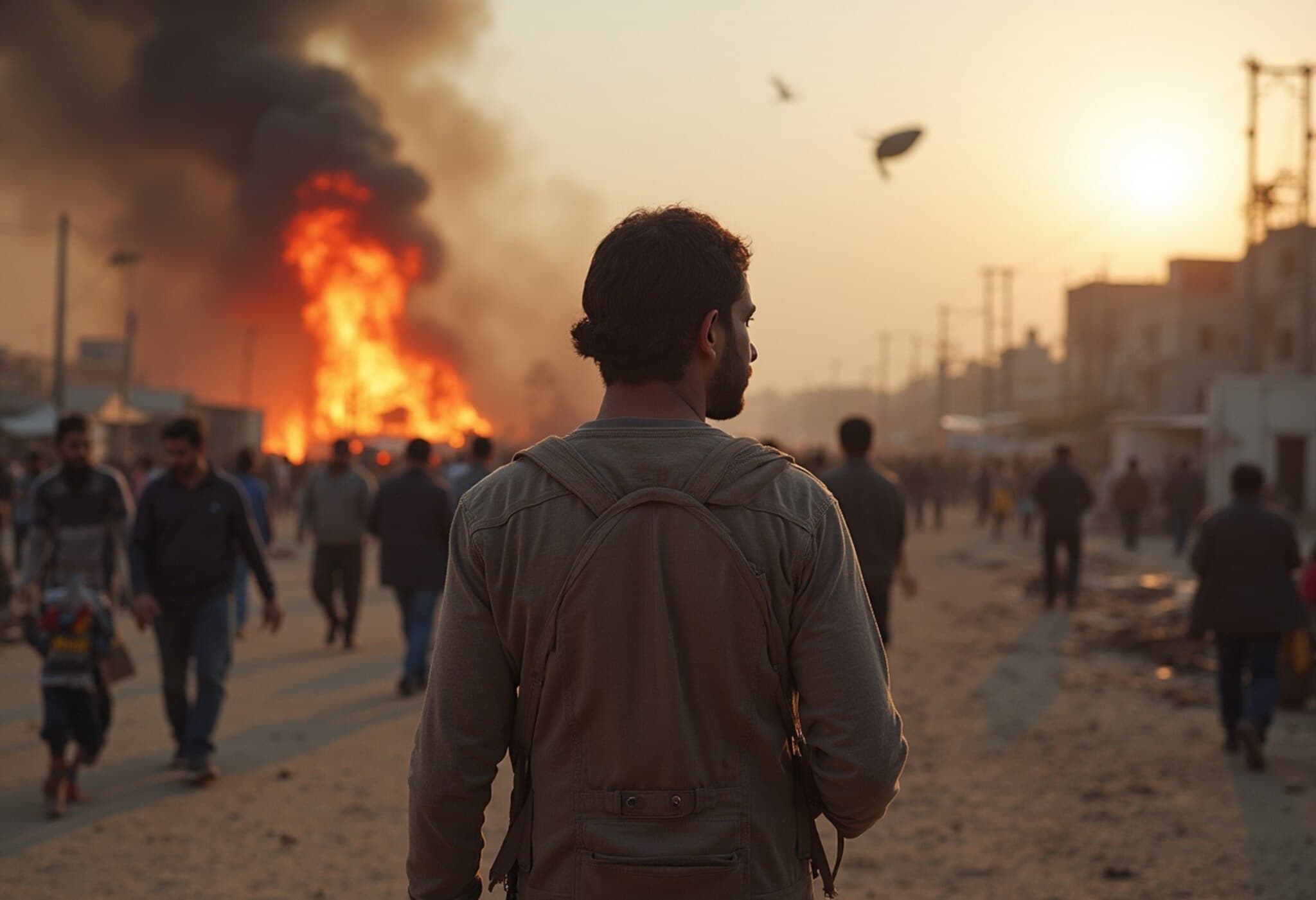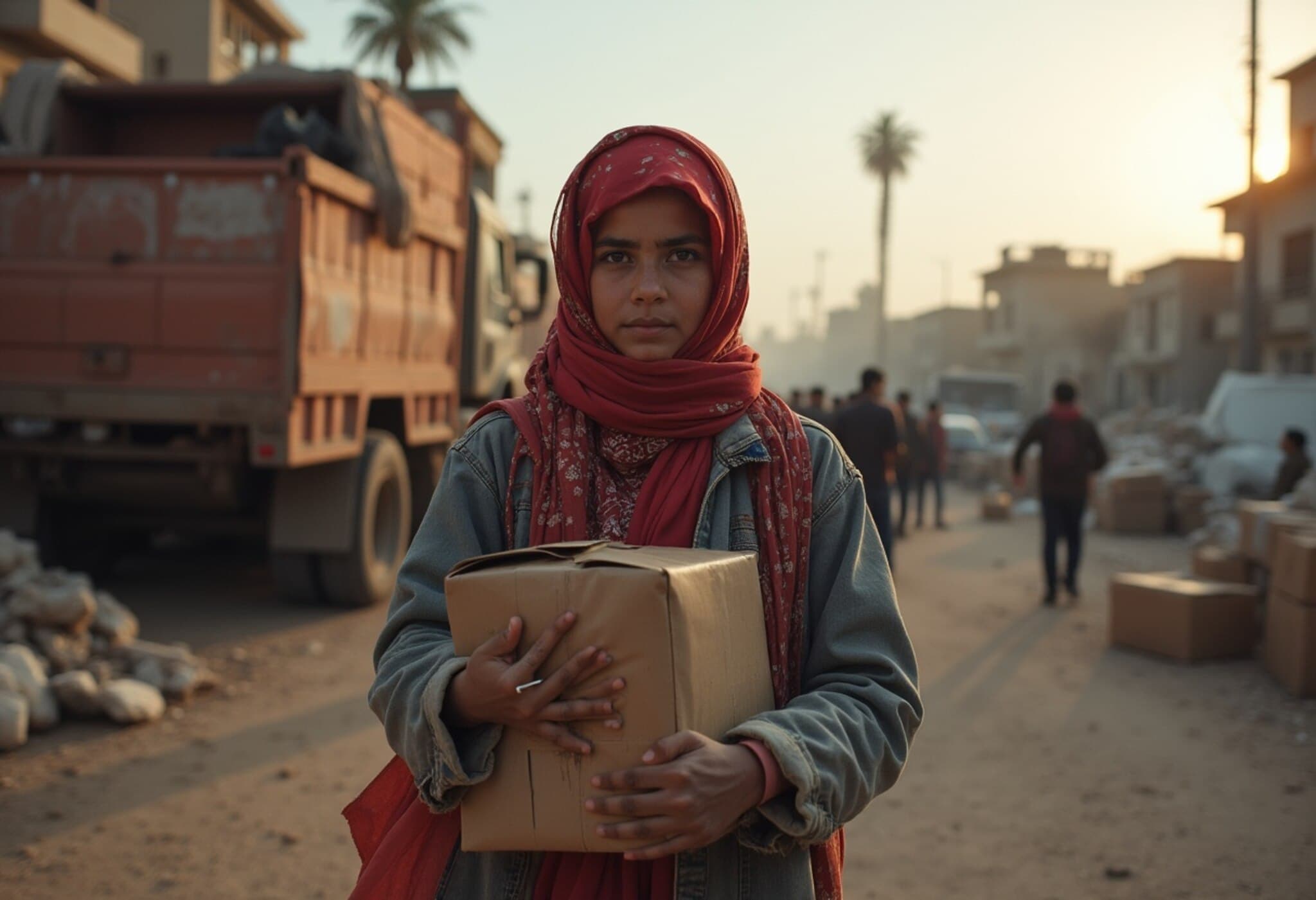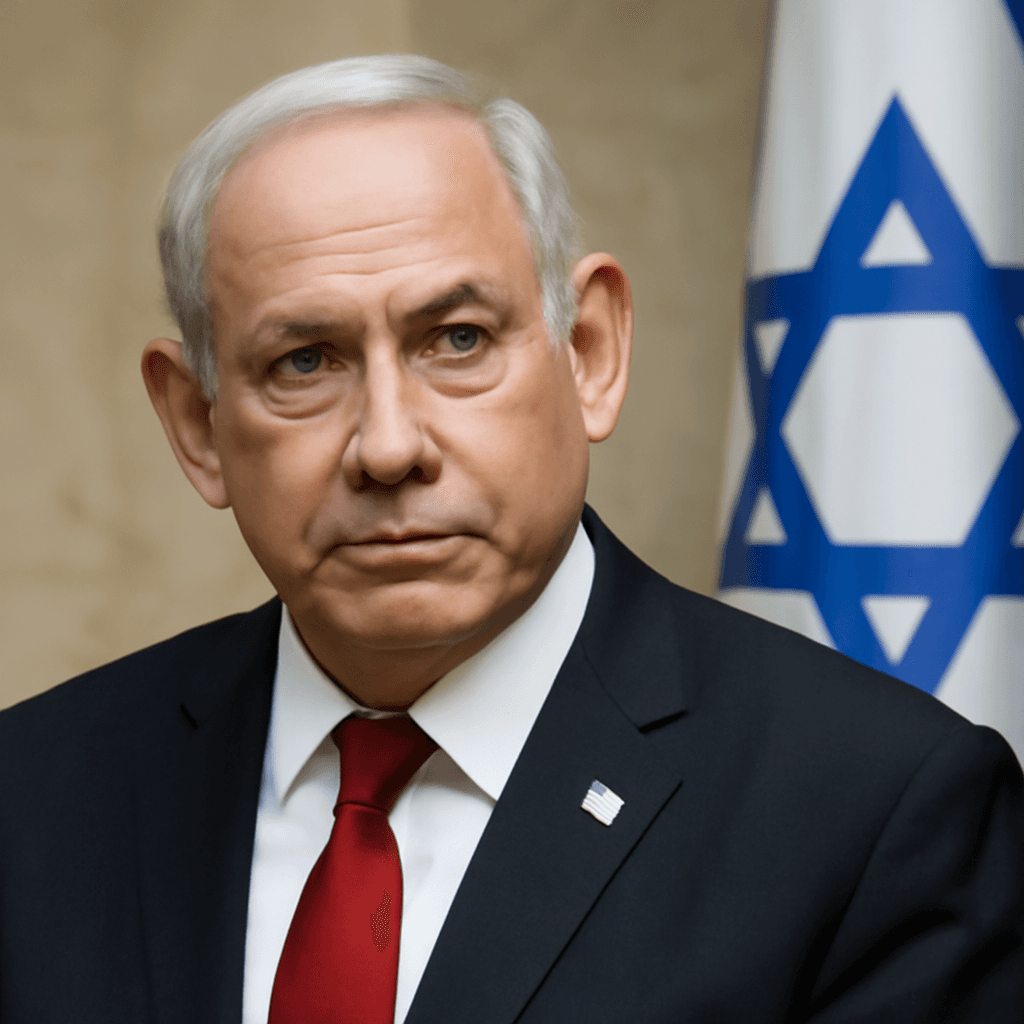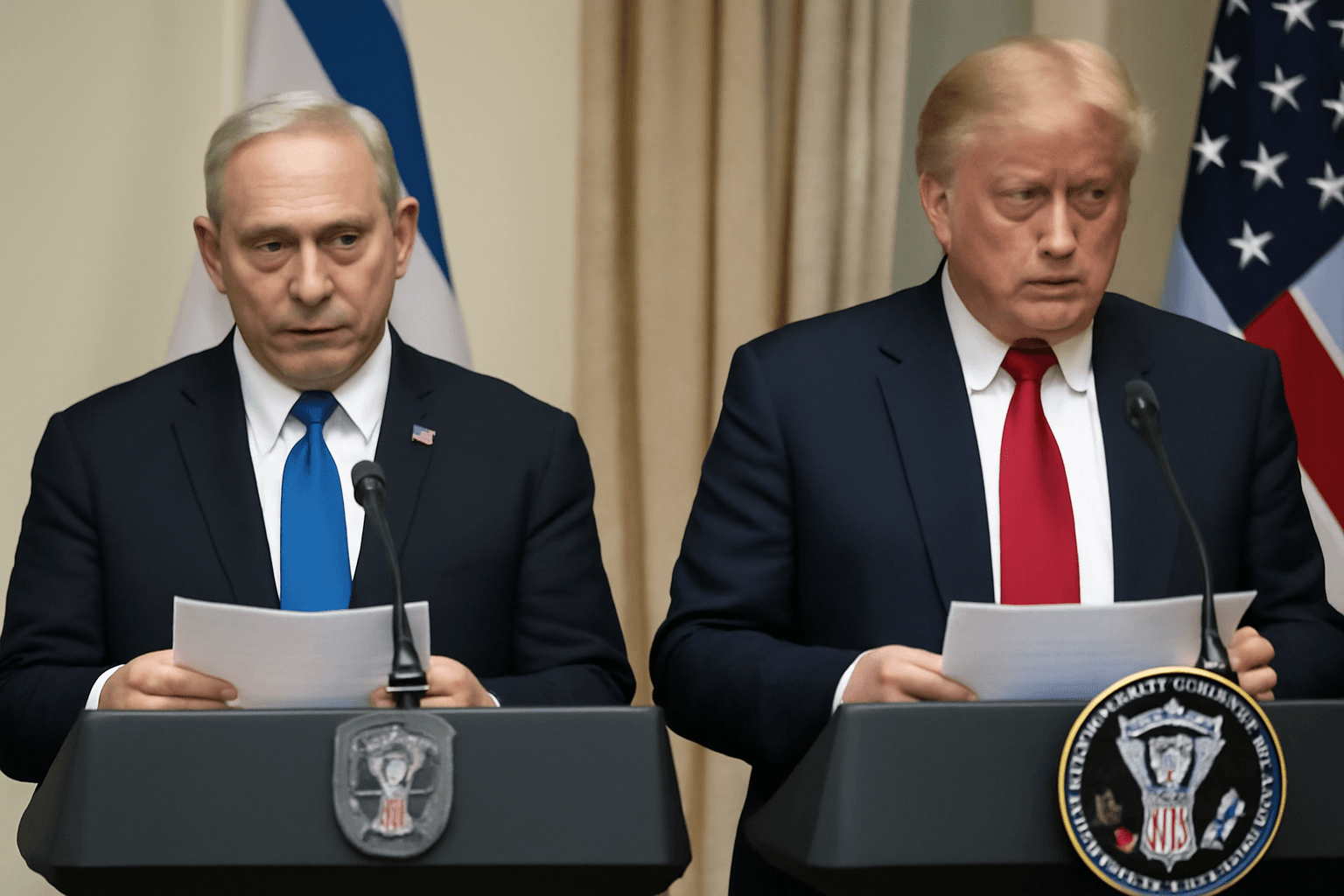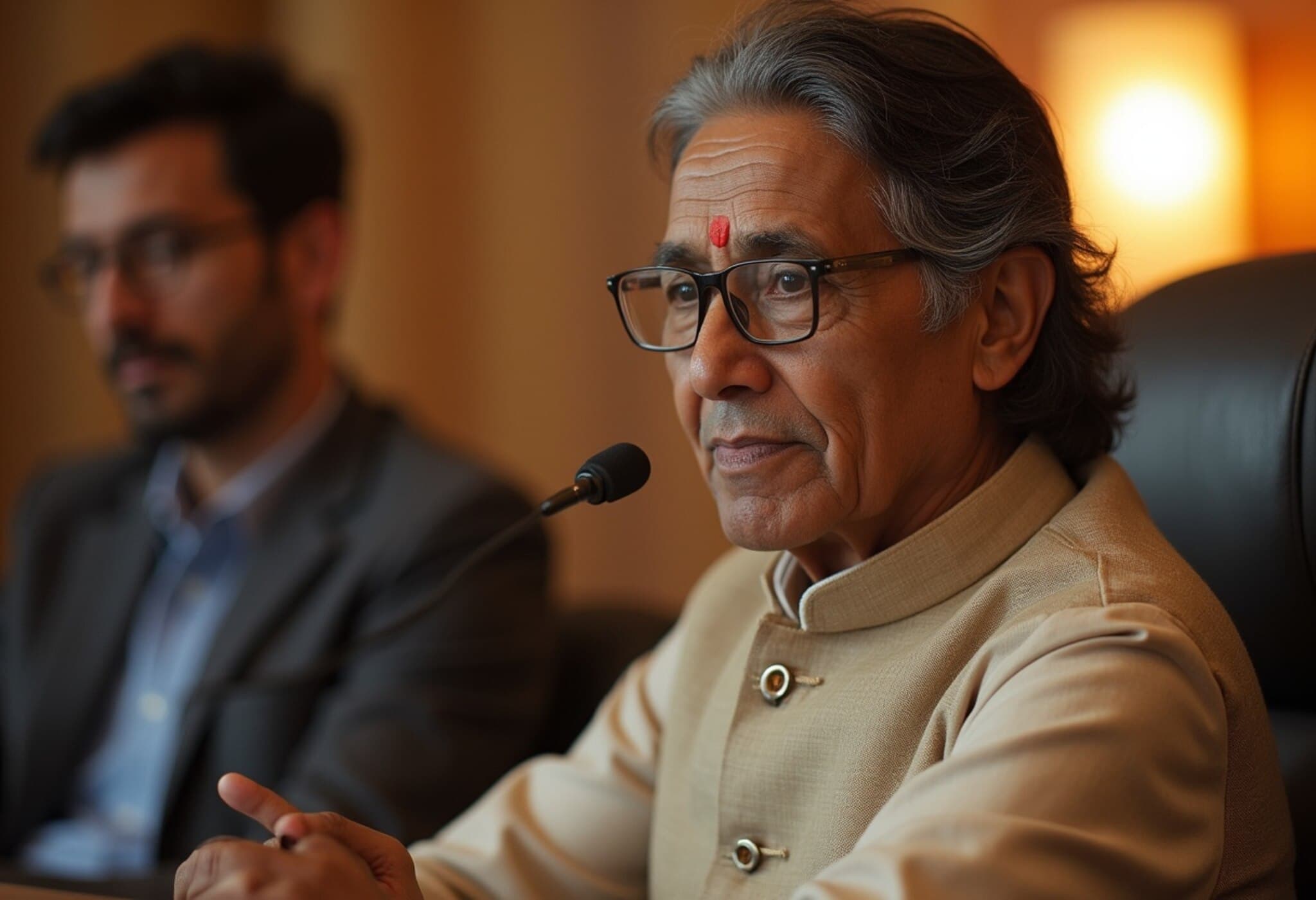UN General Assembly to Vote on Gaza Ceasefire Resolution
The United Nations General Assembly is poised to hold a crucial vote on a resolution demanding an immediate ceasefire in Gaza, the release of all hostages held by Hamas, and the full opening of Israeli border crossings for the delivery of vital humanitarian aid. The initiative, crafted by Spain, also strongly condemns the use of starvation as a tactic in warfare.
The Growing Humanitarian Crisis in Gaza
With over 2 million Palestinians at risk of famine, experts warn of a worsening hunger crisis if Israel does not lift its blockade or pause its military campaign that resumed in March after the breakdown of a ceasefire with Hamas. Despite a ten-week blockade barring aid, Israel recently allowed limited United Nations deliveries and endorsed a newly formed U.S.-backed aid group distributing food in Gaza’s center and south.
However, the humanitarian efforts face significant hurdles. The aid distribution system created by the Gaza Humanitarian Foundation has been disrupted by near-daily shootings amid crowds seeking food. Meanwhile, the longstanding UN aid framework struggles under Israeli restrictions and deteriorating law and order.
Security Council Stalemate Versus General Assembly Momentum
Last week’s attempt by the UN Security Council to pass a ceasefire resolution failed due to a U.S. veto, which objected to the resolution’s lack of connection to the hostages’ release. Fourteen other Security Council members supported the measure. Unlike the Security Council, the General Assembly — comprising 193 member states — does not allow vetoes. Although its resolutions are not legally binding, they reflect global opinion and are expected to pass overwhelmingly.
Legal and Political Context Behind the Resolution
The draft resolution references a March 28 order from the International Court of Justice, which legally requires Israel to open land crossings into Gaza for food, water, fuel, and medical supplies. This order followed a case brought by South Africa accusing Israel of genocide, a charge strongly denied by Israel.
The resolution underscores Israel’s obligations under international law as an occupying power to ensure humanitarian aid reaches Palestinians in need. It also reaffirms commitment to the two-state solution, envisioning Gaza as part of a future Palestinian state. Notably, Israel has rejected this framework, but the UN is set to hold a high-level meeting soon to revive these efforts.
Support for Mediation and Controversial Omissions
The resolution supports ongoing mediation by Egypt, Qatar, and the United States aimed at implementing a ceasefire agreement reached in January. However, like the earlier Security Council draft, it does not condemn Hamas' deadly attack on Israel on October 7, 2023, nor does it call for the disarmament or withdrawal of Hamas from Gaza — key U.S. demands.
The Human Toll and Stalemate
The October 7 attack by Hamas militants resulted in roughly 1,200 deaths, primarily civilians, and the kidnapping of 251 hostages, with about 55 still held. Israel's subsequent military operations have resulted in over 55,000 Palestinian deaths, mostly women and children, according to Gaza’s Health Ministry, which does not distinguish between civilians and combatants. Israel claims to have killed more than 20,000 militants, though evidence remains undisclosed.
Looking Ahead
The upcoming General Assembly vote represents a crucial moment in international efforts to address the escalating humanitarian disaster and ongoing conflict in Gaza. While the resolution's passage is widely anticipated, its impact will depend on diplomatic follow-through and the complex realities on the ground.

